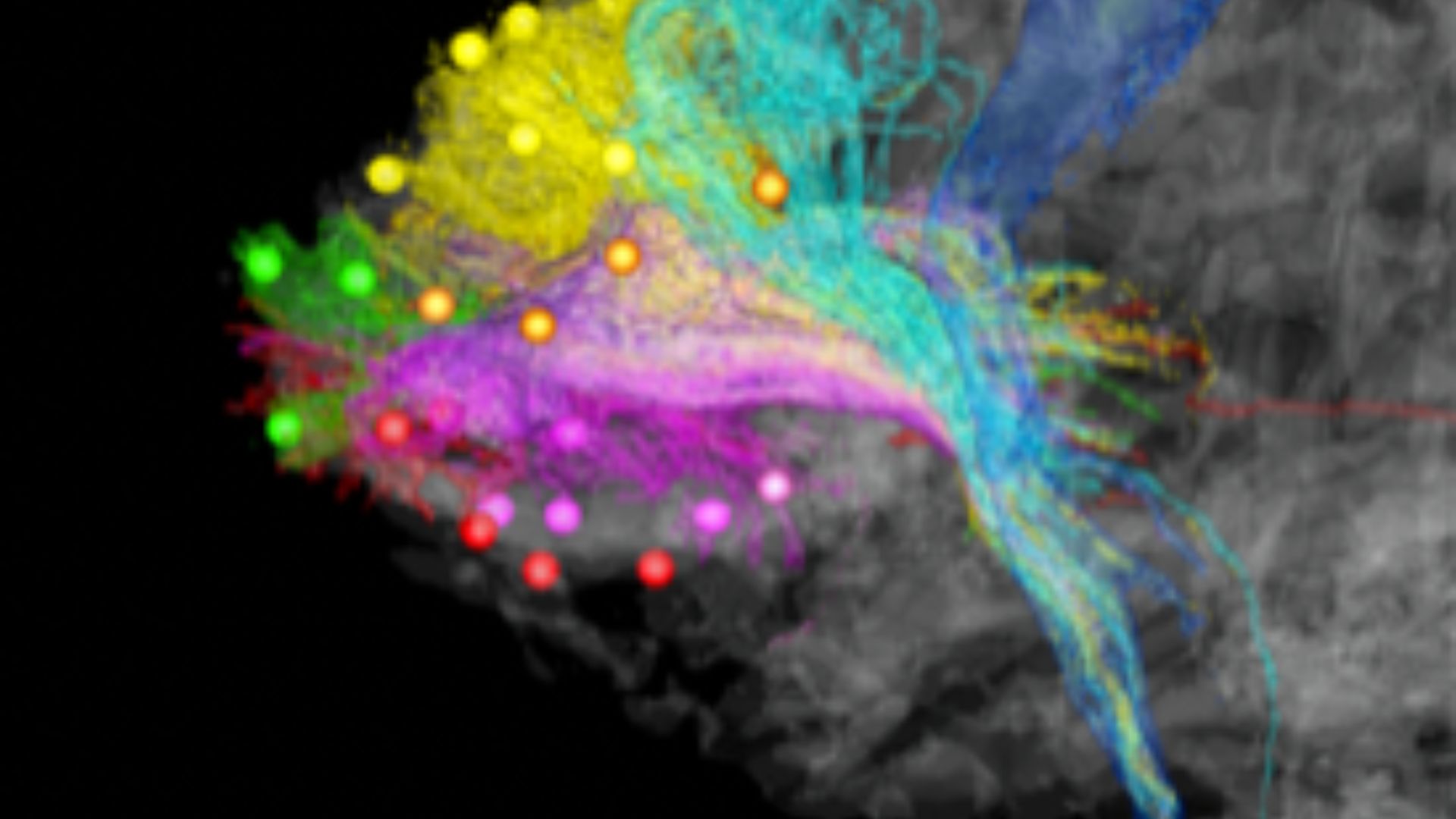Local News
University of Rochester neurobiologist Suzanne Haber honored with election to the prestigious National Academy of Medicine for groundbreaking brain research

Rochester, New York – Suzanne N. Haber, PhD, a trailblazing neurobiologist at the University of Rochester, has been elected to the National Academy of Medicine (NAM), one of the highest honors in the field of health and medicine. The recognition celebrates her decades-long dedication to understanding the intricate wiring of the human brain and how those neural pathways influence mental health disorders such as obsessive-compulsive disorder (OCD), depression, and addiction.
For more than 40 years, Haber has been at the forefront of neuroscience, mapping the brain’s most complex networks with the precision of a cartographer charting uncharted territory. As the Dean’s Professor in the Department of Pharmacology and Physiology at the University of Rochester School of Medicine & Dentistry, she has built a career on decoding how specific brain circuits regulate motivation, cognition, and motor control. Her research has illuminated the biological underpinnings of mental illnesses that affect millions worldwide, helping to bridge the gap between basic neuroscience and clinical treatment.
Through anatomical studies and cutting-edge imaging techniques, Haber has revealed how abnormalities in brain circuitry can contribute to a range of psychiatric and neurological conditions — from schizophrenia and post-traumatic stress disorder to addiction and depression. Her pioneering work has fundamentally changed the way scientists and clinicians think about the brain’s communication networks, offering new hope for those whose lives are disrupted by mental illness.
At the heart of her efforts lies the Silvio O. Conte Center for Basic and Translational Mental Health Research at the University of Rochester, which Haber leads with a collaborative vision. Supported by the National Institutes of Health, the center brings together experts from across the United States to translate discoveries in brain circuitry into tangible therapies. The research conducted under Haber’s leadership is now informing the development of advanced treatments such as deep brain stimulation and transcranial magnetic stimulation — therapies designed to target malfunctioning brain circuits in individuals suffering from OCD, depression, and addiction.
“Suzanne’s research is highly translational,” said Steve Dewhurst, PhD, vice president for Research at the University of Rochester. “Her broad knowledge of brain networks, including the so-called ‘OCD network’, combined with the expertise of state-of-the-art imaging specialists and physicians attuned to patient needs, creates an ideal foundation for understanding how the OCD network regulates brain function in both health and disease. It also sets the stage for the development of innovative treatment strategies. This recognition is a testament to her remarkable insight and collaborative nature.”
That collaborative spirit has long been a hallmark of Haber’s approach. She has built international teams of researchers, linking disciplines and institutions to tackle some of neuroscience’s toughest challenges. Her leadership has earned her three Conte grants over her career — a rare feat in a field where most scientists secure only one or two.
“One of Suzanne’s greatest strengths is building international research teams to tackle complex problems and deliver solutions to patients,” added Bob Dirksen, PhD, chair of Pharmacology & Physiology at the University of Rochester School of Medicine & Dentistry. “We are truly fortunate to have such an exceptional researcher here at the University of Rochester.”
In addition to her primary role in pharmacology and physiology, Haber also holds professorships in Psychiatry, Brain & Cognitive Sciences, and Neuroscience. She has authored over 200 scientific papers, many of them co-written with leading researchers from prestigious institutions including Harvard University, Massachusetts General Hospital, Brown University, Rhode Island Hospital, the University of Pittsburgh, Washington University, and the University of Puerto Rico.
Read also: State police launch major investigation after human remains are found in wooded area of Sodus
Her distinguished career has been recognized through numerous awards, including the 2020 Gold Medal Award from the Society of Biological Psychiatry and the 2023 Barbara Fish Memorial Award from the American College of Neuropharmacology — honors that underscore her influence and impact in both basic and clinical neuroscience.
For Haber, being elected to the National Academy of Medicine is both a professional milestone and a personal reflection of teamwork and perseverance. “I was surprised, overwhelmed, and very honored to be elected,” said Haber. “It takes a team to make meaningful developments in research and patient care, and I wouldn’t be here without my Conte Center colleagues, the trainees who have worked in my lab over the years, and the extraordinary support of Bob Dirksen and the department of Pharmacology & Physiology.”
Membership in the National Academy of Medicine is among the most prestigious recognitions a scientist or physician can receive. Members are elected by their peers for outstanding contributions to the advancement of medical science, health care, and public health. They also serve in advisory roles, providing evidence-based guidance on medical policy and practice that shapes the future of health care globally.
Haber now joins an esteemed group of scholars from the University of Rochester who have earned this distinction, including Laine Ross in Health Humanities and Bioethics, Lynne Maquat in Biochemistry and Biophysics, Elizabeth R. McAnarney in Pediatrics, Robert C. Griggs in Neurology, Paul F. Griner in Hematology/Oncology, Paul S. Frame in Family Medicine, and the late Seymour I. Schwartz in Surgery.
Her election to the NAM stands as a testament not only to her scientific brilliance but also to her commitment to collaboration, mentorship, and the advancement of mental health research. In an era when mental illness continues to affect millions across the globe, Haber’s work remains a beacon of progress — a reminder that understanding the brain’s most intricate circuits is the key to unlocking better treatments and brighter futures.
As her colleagues and peers celebrate this milestone, the legacy of Suzanne Haber continues to grow — a legacy defined by curiosity, compassion, and a lifelong pursuit of discovery in the most complex organ of all: the human brain.

-

 Local News12 months ago
Local News12 months agoNew ALDI store close to Rochester to begin construction in late 2025 or early 2026
-

 Local News12 months ago
Local News12 months agoRochester Lilac Festival announces exciting 127th edition headliners
-

 Local News10 months ago
Local News10 months agoCounty Executive Adam Bello and members of the county legislature celebrate exceptional young leaders and advocates at the 2025 Monroe County Youth Awards
-

 Local News10 months ago
Local News10 months agoThe 2025 Public Market Food Truck Rodeo series will begin this Wednesday with live music by the Royal Bromleys